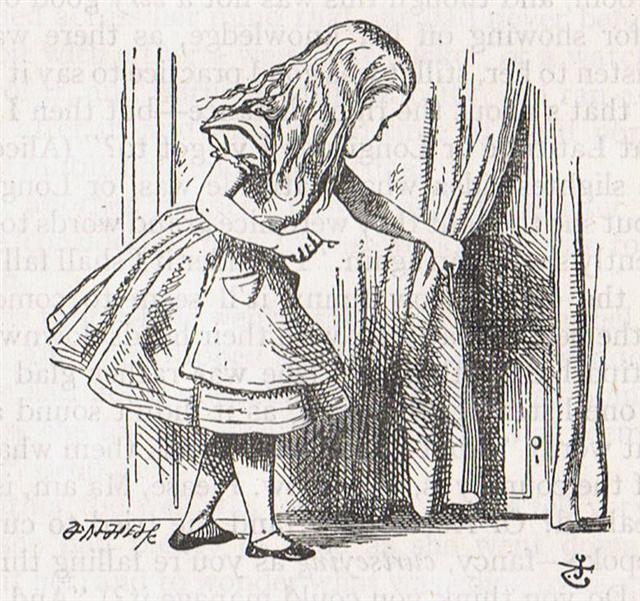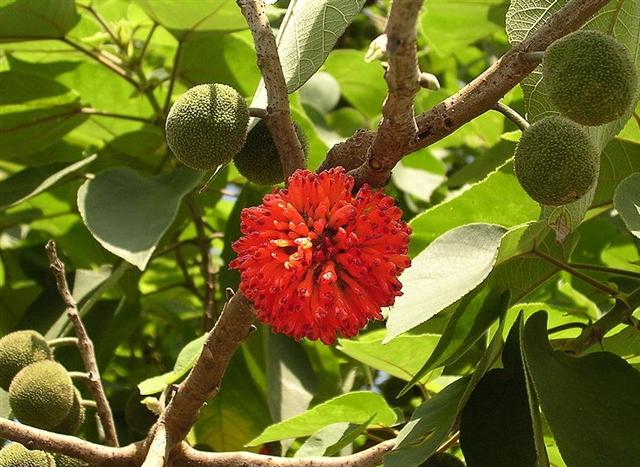|
4. At the end of a month of summer solstice (north of the equator) a new year will begin, and Gomeisa seems to be close to this point in time:
... We also find Al Jummaizā, their Sycamine, although some say that this should be Al Ghumaisā, the Dim, Watery-eyed, or Weeping One; either from the fact that her light was dimmer than that of her sister Al Shi'rā [Sirius], or from the fable connected with Suhail and his marriage to Al Jauzah and subsequent flight, followed by Al Shi'rā below the Milky Way, where she remained, the other sister, Al Ghumaisā, being left in tears in her accustomed position, or it may be from a recollection of the Euphratean title for Procyon, - the Water-dog ... What separates the pair of loving sisters (Gomeisa and Sirius) is the Milky Way (the ceiba tree), which maybe is the same entity as that 'wall' which separates Pyramus and Thisbe: ... Pyramus and Thisbe is the story of two lovers in the city of Babylon who occupy connected houses/walls, forbidden by their parents to be wed, because of their parents' rivalry. Through a crack in one of the walls, they whisper their love for each other ... A 'crack' is possible to use not only for whispering through but also for transmitting such small things as a seed: ... 'If you have faith as small as a mustard seed, you can say to this mulberry tree, Be uprooted and planted in the sea, and it will obey you.' ... Lewis Carroll made Alice solve the problem with the tiny opening (here a door) by drinking from a bottle to make her small. It is an episode close to the beginning when she had jumped down the Rabbit-Hole: "... down she came upon a heap of sticks and dry leaves, and the fall was over ...
... There seemed to be no use in waiting by the little door, so she went back to the table, half hoping she might find another key on it, or at any rate a book of rules for shutting people up like telescopes: this time she found a little bottle on it ('which certainly was not here before', said Alice), and tied around the neck of the bottle was a paper label, with the words 'DRINK ME' beautifully painted on it in large letters ..." A piece of string around the bottleneck and a paper with writing. The bark from a Mulberry tree makes excellent paper, alternatively white tapa cloth: "The bark is composed of very strong fibres, and can be used for making high-quality paper ... The tender leaves and twigs can be used to feed deer, and the tree is sometimes nicknamed the 'Deer's Tree'. The paper mulberry tree was brought to the Pacific during the Polynesian migrations, and its bark is widely used to make tapa cloth." (Wikipedia)
(paper mulberry fruits) The bark from the right kind of tree can also be used for making strong ropes, and at this point we ought to read how Maui used such ropes to make Sun slow down (which seems proper because on our journey we are at the solstice): "HOW MAUI MADE THE SUN SLOW DOWN One day Maui said to his wife: 'Light a fire and cook some food for me'. She did so, but no sooner had she heated her cooking stones in the earth-oven than the sun went down, and they had to eat their food in the dark. This set Maui to thinking how the days might be made longer. It was his opinion that they were shorter than they needed to be, and that the sun crossed the sky too quickly. So he said to his brothers: 'Let us catch the sun in a noose and make him move more slowly. Then everybody would have long days in which to get their food and do all the things that have to be done.' His brothers said it was impossible. 'No man can go near the sun', they said. 'It is far too hot and fierce.' Maui answered: 'Have you not seen all the things I have done already? You have seen me change myself into all the birds of the forest, and back again into a man as I am now. I did that by enchantments, and without even the help of the jawbone of my great ancestress, which I now have. Do you really suppose that I could not do what I suggest?' The brothers were persuaded by these arguments, and agreed to help him. So they all went out collecting flax, and brought it home, and sat there twisting it and plaiting it. And this was when the methods were invented of plaiting flax into tuamaka, or stout, square-shaped ropes, and paharahara, or flat ropes; and the method of twisting the fibre into round ropes. When they had made all the ropes they needed, Maui took up the jawbone of Muri ranga whenua, and away they went, carrying their provisions with them, and the ropes. They travelled all that night, having set out at evening lest the sun should see them. When the first light of dawn appeared, they halted and hid themselves so that the sun should not see them. At night they resumed their journey, and at dawn they hid themselves again, and in this way, travelling only when the sun could not observe them, they went far away to the eastward, until they came to the edge of the pit from which the sun rises. On each side of this place they built a long high wall of clay, with huts made of branches at either end to hide in. There were four huts, one for each of the brothers. When all was ready they set their noose and saw that it was as strong as they could make it. The brothers lay waiting in the huts, and Maui lay hiding in the darkness behind the wall on the western side of the place where the sun rises. He held in his hand the jawbone of his ancestress, and now he gave his brothers their final instructions: 'Mind you keep hidden', he said. 'Don't go letting him see you or you'll frighten him off. Wait until his head and his shoulders are through the noose. Then when I shout, pull hard, and haul on the ropes as fast as you can. I will go out and knock him on the head, but do not any of you let go your ropes until I tell you. When he's nearly dead we'll let him loose. Whatever you do, don't be silly and feel sorry for him when he screams. Keep the ropes good and tight until I say.' And so they waited there in the darkness at the place where the sun rises. At length the day dawned, a chilly grey at first, then flaming red. And the sun came up from his pit, suspecting nothing. His fire spread over the mountains, and the sea was all glittering. He was there, the great sun himself, to be seen by the brothers more closely than any man had ever seen him. He rose out of the pit until his head was through the noose, and then his shoulders. Then Maui shouted, and the ropes were pulled, the noose ran taut. The huge and flaming creature struggled and threshed, and leapt this way and that, and the noose jerked up and down and back and forth; but the more the captive struggled, the more tightly it held. Then out rushed Maui with his enchanted weapon, and beat the sun about the head, and beat his face most cruelly. The sun screamed out, and groaned and shrieked, and Maui struck him savage blows, until the sun was begging him for mercy. The brothers held the ropes tight, as they had been told, and held on for a long time yet. Then at last when Maui gave the signal they let him go, and the ropes came loose, and the sun crept slowly and feebly on his course that day, and has done ever since. Hence the days are longer than they formerly were. It was during this struggle with the sun that his second name was learned by man. At the height of his agony the sun cried out: 'Why am I treated by you in this way? Do you know what it is you are doing. O you men? Why do you wish to kill Tama nui te ra?' This was his name, meaning Great Son of the Day, which was never known before ..." (Antony Alpers, Maori Myths & Tribal Legends.) In another version, though, his ropes are burnt and fails to catch Sun: "... he gathered all the coconut husks of his land and rolled the fibre, and he plaited it into ropes of very great strength. But these ropes also were of no use, for the sun-god made them frizzle up. Therefore Maui took the sacred tresses of his sister Hina, he cut off lengths of Hina's hair and plaited it, to make a rope whose mana could not be destroyed by Ra. He took that noose of Hina's hair, he travelled eastward to the border of the sea; he placed his ropes around the pit from which the sun rises, waited there, he waited for the dawn. Then Ra came up, he came up from the spirit-world which lies in the east. Maui pulled the cord, he caught the sun-god by the throat! Ra struggled, kicked, he screamed against the sky. 'Then will you go more slowly if I turn you loose?' The sun then promised Maui, 'Let me go, and I will move more slowly, I will make longer days for your fishing'. Since that time, men have had longer days in which to go about their work." (Antony Alpers, Legends of the South Seas.)
|
||||||||||||||||||





